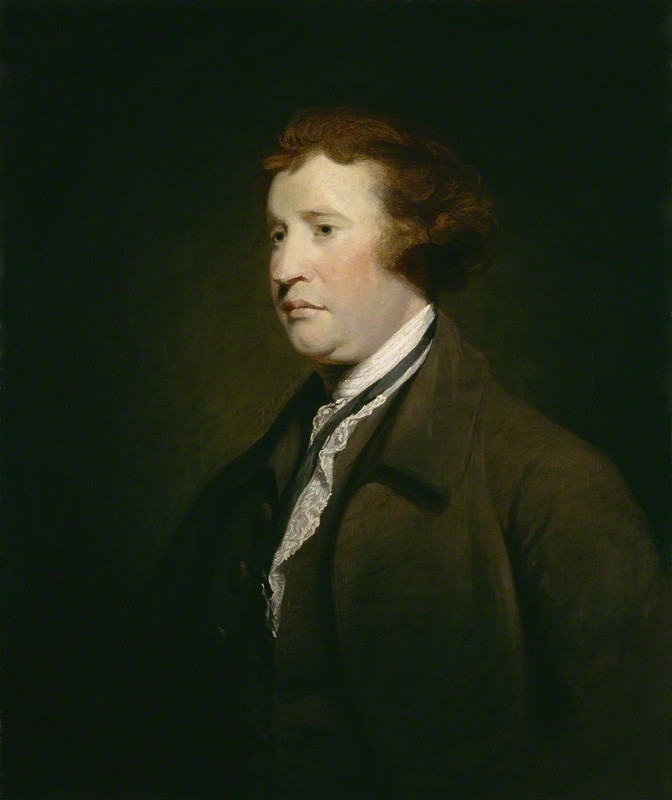settings
Middlemarch vocabulary
15 famous people mentioned
help & settings
[x]
-
Edmund Burke
-
► definition
Definition:[1729 - 1797]was an Irish statesman born in Dublin, as well as an author, orator, political theorist and philosopher, who after moving to London in 1750 served as a member of parliament (MP) between 1766 and 1794 in the House of Commons with the Whig Party.[...]Burke criticized British treatment of the American colonies, including through its taxation policies. He also supported the rights of the colonists to resist metropolitan authority, though he opposed the attempt to achieve independence. Burke is remembered for his support for Catholic emancipation, the impeachment of Warren Hastings from the East India Company and for his staunch opposition to the French Revolution. In his Reflections on the Revolution in France, Burke asserted that the revolution was destroying the fabric of good society and traditional institutions of state and society, and condemned the persecution of the Catholic Church that resulted from it.text from Wikipedia, licensed under Creative Commons - Attribution - Sharealike image: By Joshua Reynolds, https://commons.wikimedia.org/w/index.php?curid=2731645
image: By Joshua Reynolds, https://commons.wikimedia.org/w/index.php?curid=2731645
► uses
Uses:
No passion so effectually robs the mind of all its powers of acting and reasoning as fear.
Edmund Burke. A Philosophical Inquiry into the Origin of Our Ideas of the Sublime and Beautiful (1756)
Also do not leave home without Edmund Burke's speeches. Burke is important. Burke is an ocean whose depths are in general unplumbed. Everyone thinks they know what Burke said and wrote and meant and means and no one has the slightest idea what he actually wrote because no one fecking reads old Edmund Burke anymore but I will address and redress this problem.
Brian Doyle. The Plover, p.4 (2014)
---
The book he was reading was Burke’s speech On Conciliation With the Colonies, for his English class. It was so convincing that you wondered how all those supposedly smart men in Parliament hadn’t agreed with him. What would America have been like if they had listened to Burke? Would there have been earls and dukes and castles?
Irwin Shaw. Rich Man, Poor Man (1959)
---
Edmund Burke says of the Bible, "It is necessary to sort out what is intended as example, and what only as narrative; what is to be understood literally, and what figuratively, where one precept is to be controlled and modified by another; what is temporary, and what of perpetual obligation; what is appropriate to one state or set of men, and what is the general duty of men in all ages."
Kersey and Lydia Graves. The Bible of Bibles (1879)

